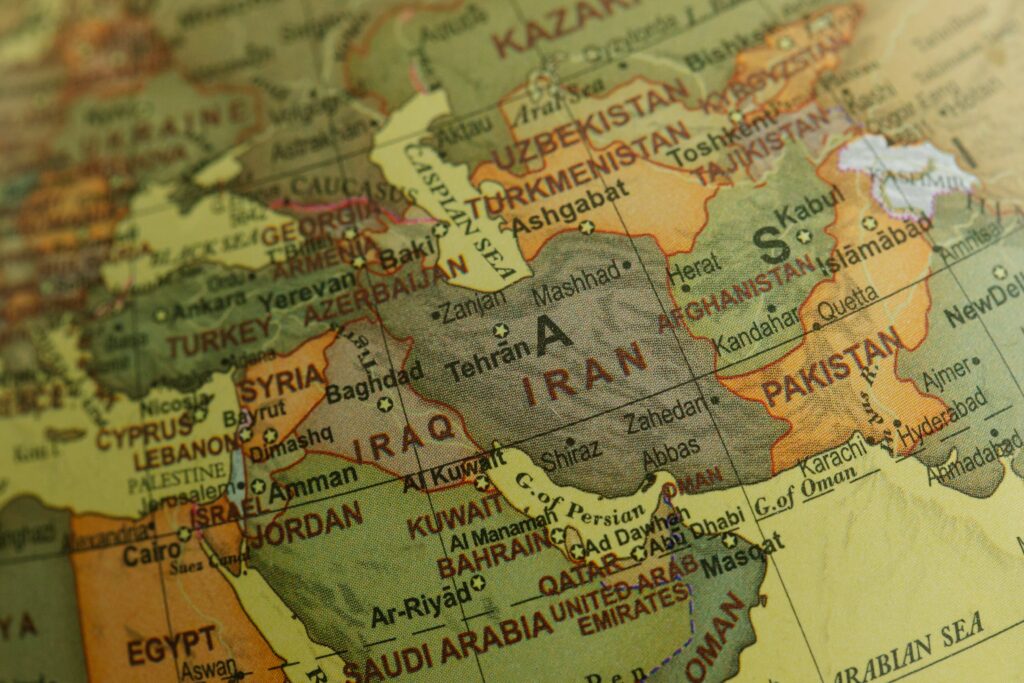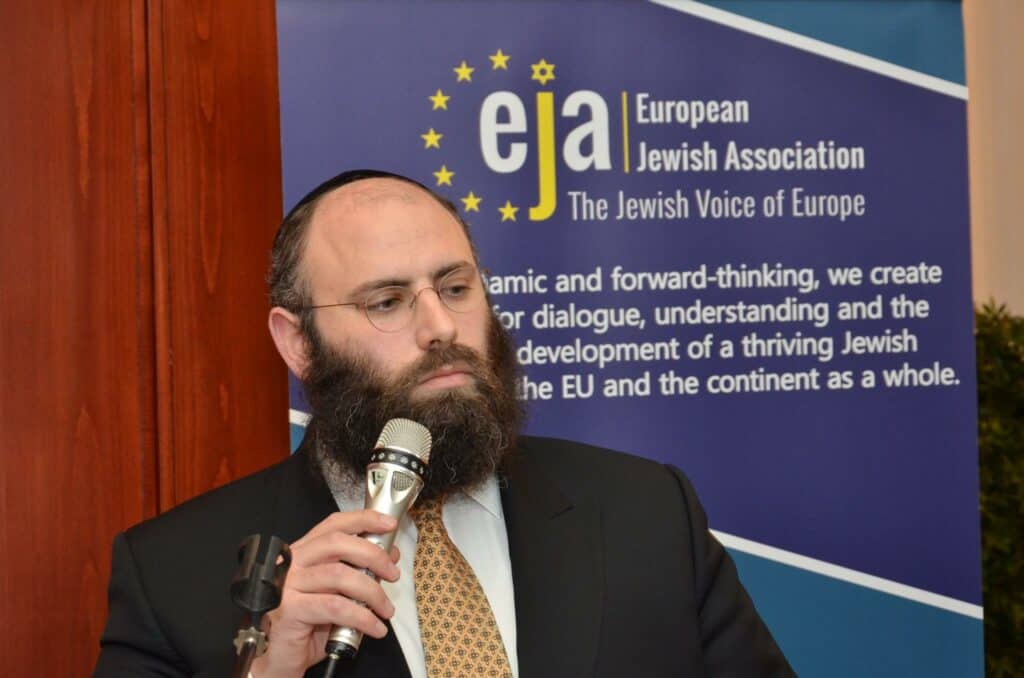Our EIPA colleagues hosted a press briefing in Brussels featuring Israeli Knesset Minister of Diaspora Affairs and Combating Antisemitism, Amichai Chikli, amidst EU leaders’ discussions on the Middle East situation post Iran’s unprecedented drone and missile strikes on Israel. Journalists from Deutsche Welle, POLITICO, and RADIO JUDAÏCA had the chance to pose pivotal questions to Chikli during the session at our Brussels office.
Amichai Chikli, born in 1981 in Jerusalem, serves as Israel’s Minister of Diaspora Affairs and Combating Antisemitism. He holds degrees from University of Haifa and Tel Aviv University. Chikli founded the Tavor Leadership Academy, focusing on nurturing Zionist leaders.
He initiated a preparatory program for Israel Defense Forces service for immigrants and volunteers. Initially with Yemina, he later joined Likud and was elected to the Knesset.
Chikli advocates integrating Jewish and Israeli identities, emphasizing their significance for Jewish continuity and Israel’s social resilience. He champions conservative values, aiming to unite nationalist and Zionist principles with economic and social policies.














